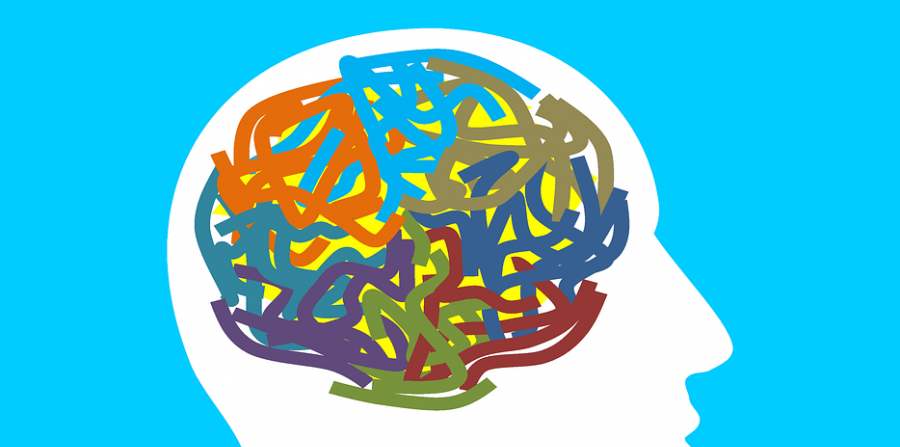Graphic courtesy of The Wilson Beacon.
MADDIE EDEN | OPINION WRITER | meden@butler.edu
December — commonly referred to as “the most wonderful time of the year.” There’s holiday cheer spreading, we’re reunited with our families and it’s the season of giving.
Among college students, though, it’s typically seen as the worst time of year. After returning from Thanksgiving break, students are slammed with two weeks of work and are scrambling to catch up on assignments they didn’t do over break — what’s the point of a break if professors still assign homework?
Students barely have time to finish the work for their last week of classes before finals week appears out of nowhere. With four or five finals to study for, in addition to papers and projects, most students can be seen scattered throughout campus, pulling all-nighters and trying to cram as much information as they can before their exams.
All of this mixed together is a recipe for disaster.
Stress and lack of sleep can be detrimental to your mental health, and it’s important to take care of yourself. Contrary to popular belief, it is possible to achieve good grades while also taking care of yourself. Like many things in life, it’s all about balance.
The easiest way to balance your grades and your mental health during finals week is to have a game plan. Look ahead at your schedule and write down every exam and due date in your planner, so you have a general idea of when things need to be done. Once you have a general idea, you can sit down and make a more detailed plan. Schedule specific dates and time to study — this makes it easier to budget your time and prioritize tasks. After scheduling time to study, you can also schedule breaks.
Breaks during studying are essential, both for your mental health and for remembering the information. According to Oxford Learning, the brain does best at remembering small, twenty minute chunks of information with small breaks in between, rather than information overload for hours on end. After twenty minutes of studying, allow yourself a fifteen minute break. You can scroll through your phone, watch part of a Netflix episode or talk to a friend. Anything to give yourself a break from studying.
After repeating this cycle several times, it’s important to allow yourself a more extended break so all of the information you just studied can really sink in. This means giving yourself enough time to take a walk through campus, grab hot chocolate with a friend or watch a movie. This long break will give your brain a chance to retain all of the information, and it will provide a period of relaxation following a cycle of intense studying.
It can also be beneficial to study in groups. When you’re surrounded by friends, this tends to ease stress and ultimately helps you feel more relaxed. Our friends can often make humor out of any situation and can easily make us smile, and that’s always needed while studying. Groups often tend to allow the perfect mix of studying and breaks, and most students don’t even realize it.
Balancing your mental health and grades also means finding time for sleep. You might think pulling an all-nighter is the best idea, but it won’t be in the long run. You will perform better on a test and feel better emotionally after a good night’s sleep. This means you need to budget your time during the day so you can sleep at night, rather than working hard all night and sleeping for one hour — accidentally — because you fell asleep in the library.
While finding the balance between these two things can be difficult, it’s also necessary for your mental health and the sake of your grades. Remember: you’re a person before you’re a student. You can’t be expected to do everything at once. Just do the best you can.
Take care of yourself, study smart and happy finals week.



